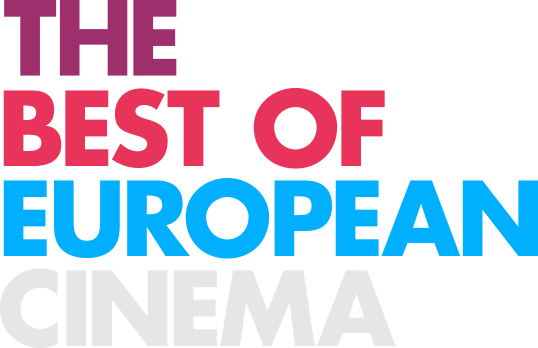61st International Short Film Festival Oberhausen to explore 3D
3D today is automatically associated with big budget action movies and animations. But in the slipstream of mainstream cinema a growing number of independent and experimental productions are also exploring stereoscopic 3D. This year’s Oberhausen Theme programme is entitled “The Third Image – 3D Cinema as Experiment”. In the largest programme of its kind in recent years, comprising around 50 works produced mostly between 2008 and today, the 61st International Short Film Festival Oberhausen - which runs from April 30th until 5th May 2015 - will investigate the potential harboured by this cineastic awakening.
3D has often been discovered and then buried again in the course of cinema history, never managing to achieve true commercial success. And yet, never before have so many 3D films emerged in the slipstream of mainstream movies that dare to really put this technique to the test artistically. What is different this time? The digitisation of cinema allows independent artists and filmmakers to try out new image generating technologies – the avant-garde is discovering 3D. This programme sets out in search of the “Third Image”, beyond the razzle-dazzle effects of the blockbusters: a genuine three-dimensional image that is more than just fluffed-up 2D.
Chris Lavis and Maciek Szczerbowski tell a mythical tale of space and time using stereoscopic means in Cochemare, Alexandre Larose in his Brouillard – Passage #14 conjures a similarly convincing feeling of three-dimensionality using multiple exposures. Artists and filmmakers, also including Ken Jacobs, Johann Lurf, Céline Tricart and the Zapruder filmmakers group, are plumbing the possibilities of a new visual universe. The programme will also present a number of music videos which serve as an important link in this process since they are often used as an experimental ground for 3D between art and commerce.
“The Third Image – 3D Cinema as Experiment” continues Oberhausen’s series of investigations into the cinema space, from “Kinomuseum” (2007) and “Flatness” (2013) to “Memories Can‘t Wait – Film without Film“ (2014), with an exploration of the innovative potential of stereoscopic cinema.
The curator Björn Speidel is a filmmaker and a graduate of the experimental media design course at the Berlin University of the Arts. His works have been shown for example at the EXiS Film Festival in Seoul and the Berlinale. He was a master student of Heinz Emigholz and has been an artistic assistant at the Film Institute of the Berlin University of the Arts since 2009. Speidel is a member of the Filmkollektiv Labor Berlin e.V.
21 January 2015, by Laurence Boyce






